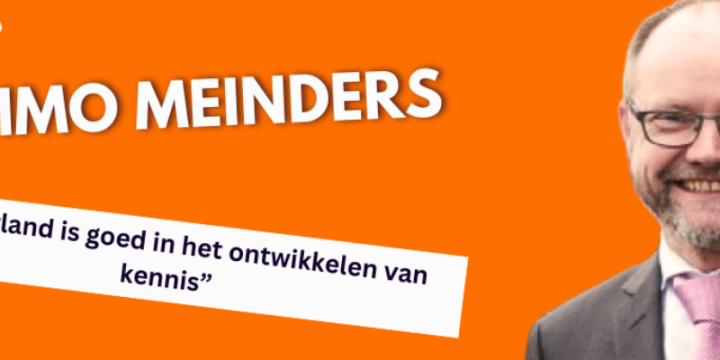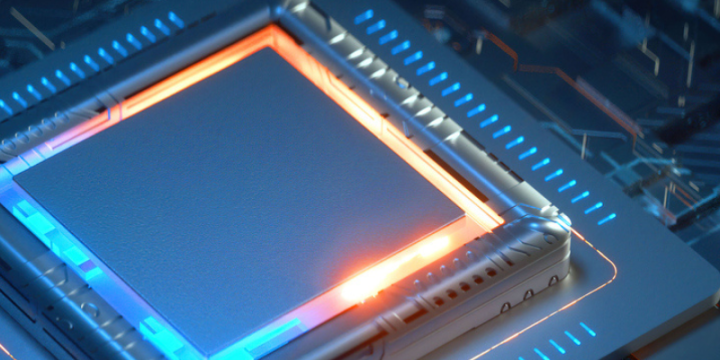The European Commission has proposed to double the budget of Horizon Europe to €175 billion for the 2028–2034 period, placing research and innovation at the core of Europe’s long-term investment strategy. The increased funding is part of the broader Multiannual Financial Framework (MFF), presented on 16 July 2025, which outlines nearly €2 trillion in spending to build a stronger, more competitive and resilient European Union over the next decade.
As one of Europe’s flagship programmes, Horizon Europe will not only scale up funding for cutting-edge research and high-impact innovation, but also play a key role in addressing global challenges. From AI in healthcare to quantum computing and fusion energy. Every euro invested is expected to generate up to €11 in GDP gains by 2045. Commissioner for Startups, Research and Innovation, Ekaterina Zaharieva, stated:
You spoke, we listened. As one of Europe’s strongest brands, Horizon Europe will place research and innovation at the heart of the EU economy and investment strategy. We will attract and retain talents through ‘Choose Europe’, de-risk and mobilise private research and innovation financing, empowering innovative startups and work together with Member States to reach the 3% investment target.
Four pillars for research and innovation
The new programme will be based on four pillars, and it will support cutting-edge research, and innovation, attract and nurture research talent, foster international collaboration, and connect science with society.
- Pillar I ‘Excellent Science’ aims to strengthen the EU’s scientific base, attract top talent and promote excellent research in Europe. It covers the European Research Council (ERC), Marie Skłodowska-Curie Actions and science for EU policies through the Joint Research Centre. The ERC will be expanded to increase its ability to support frontier research, with a focus on funding excellent researchers and their teams following a ‘Choose Europe’ approach.
- Pillar II ‘Competitiveness and Society’ aims to support collaborative research and innovation in areas of high societal impact. It targets EU competitiveness in areas like the clean transition, digital leadership, defence, industry and space, in close cooperation with the European Competitiveness Fund. It will also address global societal challenges and features EU missions, as well as the New European Bauhaus Facility.
- Pillar III ‘Innovation’ aims to support innovation in Europe, with a focus on promoting the development of new products, services and business models. The European Innovation Council (EIC) will be expanded to fund high-risk disruptive projects in stages and will introduce a focus for defence and dual-use startups.
- Pillar IV ‘European Research Area’ aims to support the development of a unified European Research Area (ERA), with a focus on promoting excellence and impact, including a reformed widening component. As a novelty, it also supports the development and operation of research and technology infrastructures.
Programme implementation will be streamlined. This includes offering simplified support, reducing the number of topics, and shortening the time from call closure to grant signature.
Moonshot projects
In close connection with the European Competitiveness Fund, Horizon Europe will also support large-scale ‘moonshot projects’ that move from research to demonstration and real-world deployment. Funded through a mix of EU, national, public and private sources, these projects are designed to position Europe as a global leader in strategic fields. They will drive breakthroughs in areas such as quantum computing, fusion energy, clean aviation, next-generation AI, regenerative therapies, the space economy, automated mobility, data sovereignty, zero water pollution and ocean observation.
Part of a €2 trillion investment strategy
Horizon Europe’s growth is closely tied to the ambitions set out in the proposed MFF 2028–2034. Alongside the European Competitiveness Fund, the programme covers the full innovation lifecycle (from research to market) and and fosters stronger alignment between policy domains. These efforts reinforce the EU’s strategic autonomy in critical technologies, a strong Single Market, and a forward-looking innovation ecosystem.
The MFF further introduces National and Regional Partnership Plans to ensure targeted local impact, and strengthens investment in clean tech, resilience, and defence. Horizon Europe aligns with this strategy, maximising public-private leverage and delivering results beyond the reach of national budgets alone.
Negotiations between the European Parliament, Council and Commission will determine the final structure and budget of Horizon Europe as part of the upcoming MFF.
Learn more about the EU proposals for Horizon Europe and the broader MMF 2028-2034 in the European Commission’s official articles:





